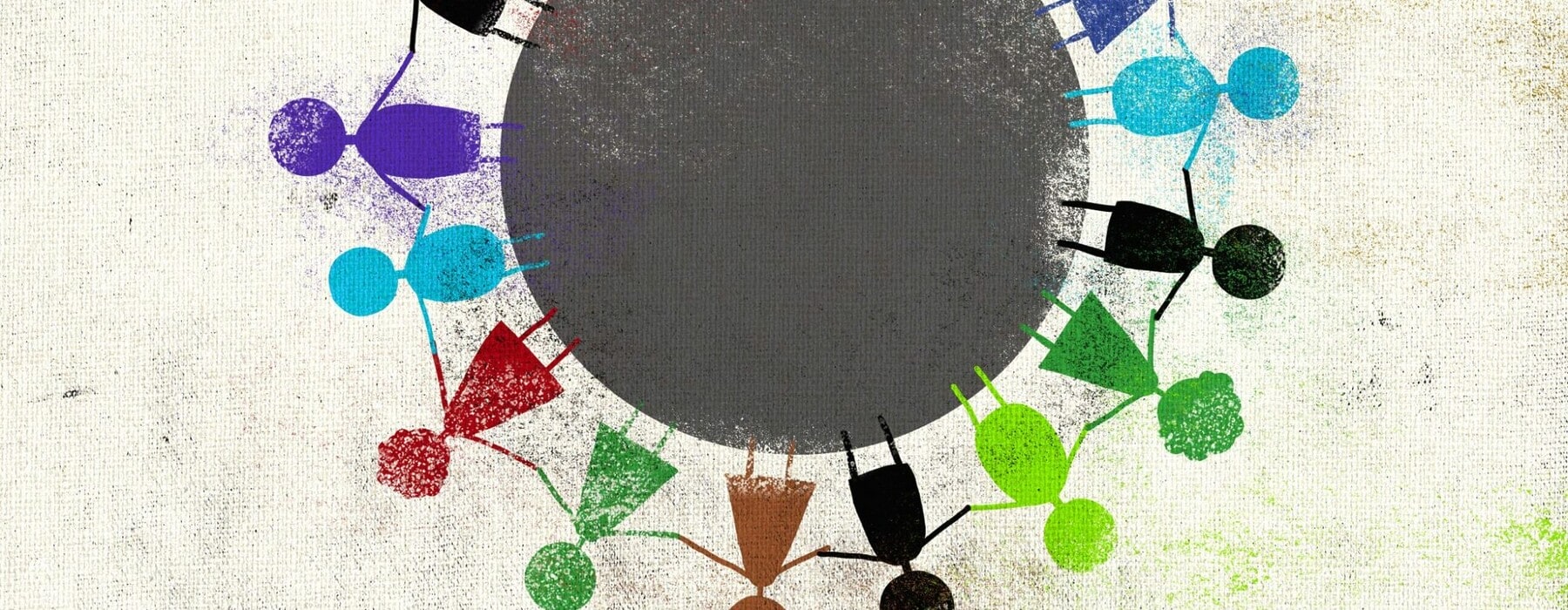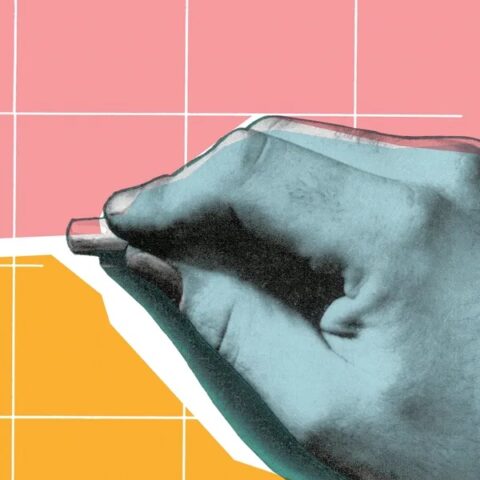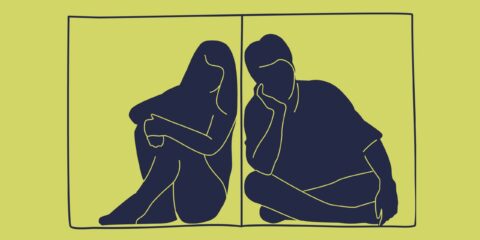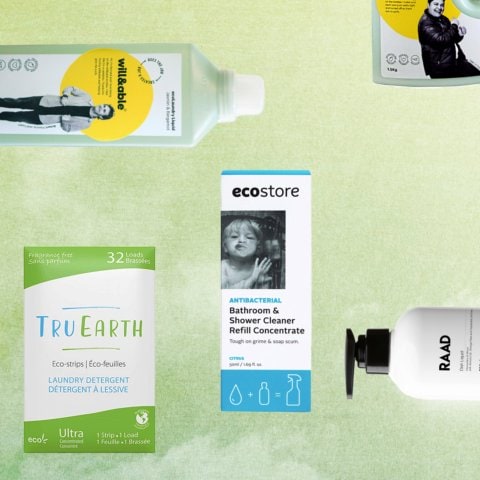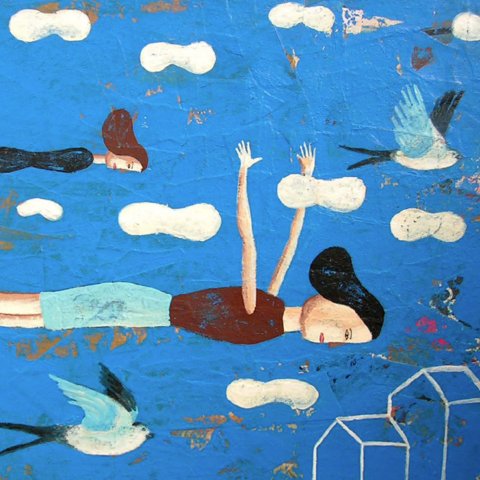Moya Sarner examines an intriguing new theory that experiencing a rich mix of interactions – from deeply personal, to seemingly trivial and everything in between – banishes loneliness and makes us healthier in every way.
You probably don’t know you have a social biome – but according to Jeffrey Hall, professor of communication studies at the University of Kansas, you do. Perhaps you’ve heard of the gut microbiome – the unique, diverse ecosystem of bacteria and other microbes that inhabit our gastrointestinal system and which, when balanced, keep us in good digestive health.
Well, the social biome, says Jeffrey, is the individual ecosystem of relationships and interactions that shapes our emotional, psychological and physical health.
Your social biome encompasses who you interact with, what you talk about, and what kind of communications you have – whether it’s face to face, texting or via Zoom. The concept has roots in the idea that social interactions, like food, have “calories” that can make you feel socially nourished, Jeffrey says. As with what you eat, it is not just quantity that matters to health, but variety. Just as you need a mix of food groups on your plate, so you need a mix of modes of communication and types of relationship in your social diet.
In other words, a healthy and varied social biome could feature deep and meaningful conversations with your best friend, pleasant small talk with a colleague in the lift, and swapping memes in a WhatsApp group of old school friends. As with your gut microbiome, if you get the balance right, you’ll have all your social needs met and thrive, but if the balance is off, you may find yourself lonely, socially malnourished and thirsty for meaningful contact.
I ask Robin Dunbar, an emeritus professor of evolutionary psychology at the University of Oxford and the author of Friends, what he makes of this idea. Most psychologists tend to think of the social world as mostly based on pair relationships, he says, but these two-way connections are all embedded in “an ever-extending network called the family, the community, the nation, the globe, which is all highly interconnected”.
Wrapped in connections
This network can bring extraordinary benefits, if we let it. It “creates a kind of enmeshing web within which you are cosseted, and the effects have enormous consequences for our health and wellbeing,” he says. And he cites “a huge torrent – a tsunami, really” of epidemiological papers in the past 15 years, showing that “the best single predictor for your psychological wellbeing and health, for your physical wellbeing and health – even for your risk of dying – is the number and quality of friendships that you have.” A healthy social biome, he suggests, is key to a healthy body and mind.
So what does a healthy social biome look like? Jeffrey and his colleague Andy Merolla mapped the social biomes of nearly 400 people, combing through tens of thousands of interactions, to explore the link between a person’s everyday social exchanges and their sense of wellbeing. Study participants either responded to texts throughout the day asking whether or not they’d had a social interaction in the past 10 minutes, followed by questions about how they felt, or they filled in a survey at the end of the day. This gave the researchers insight into who felt most “socially nourished”. This data formed a mosaic of communication patterns they could then investigate, Jeffrey says, to explore a key question: “Let’s take the most socially nourished people and ask, what do they do? What do their patterns look like?”
Surprise result
Some of what they found was fairly intuitive. Respondents with a higher sense of wellbeing had more frequent and longer interactions, and had meaningful conversations two-and-a-half times more often, than those with the least healthy social biomes. Among those with healthier social biomes, two-thirds of interactions were with close friends and family – in contrast to those with the least healthy, where it was closer to half – and they also had more choice about how and when interactions took place. But that was not the whole story.
“The most surprising result,” Jeffrey says, “the one I still think is really interesting, is that the strongest association with global wellbeing was how people felt when they were alone.” When people replied “no” to the text asking if they’d had a social interaction in the past 10 minutes, and follow-up responses revealed they nevertheless felt good, connected and happy to be alone, it was the most powerful predictor of a healthy social biome.
This shows us, Jeffrey says, that we cannot simply give ourselves a healthy social biome by forcing ourselves to have more and more frequent and longer conversations with our friends and family. “That’s not how healthy people function,” he says. “Alone time is actually a part of a healthy biome.” When we feel sustained by just enough meaningful conversations – even one a day – and by just enough pleasant small talk, then we also feel nourished by time spent alone.
And small talk is more nutritious than we think, Jeffrey says. His communication model, Communicate Bond Belong theory, is based on the idea that we have a limited amount of energy to spend on our social interactions, which makes the “energy-to-connection ratio” important.
Easy, quick and friendly moments of contact, such as asking a colleague how their weekend was, or chatting about the traffic with a waiter, can have a powerful impact for the small amount of effort they require, and “tend to be really good for mood regulation”, he says. “Small talk is disparaged as being awful, but in some sense, checking in with another person and letting them know that you’re glad that you’re sharing a space with them is absolutely critical to a sense of community, and to our sense of social nutrition.”
In many parts of the world, the pandemic has brought intense feelings of isolation, but even in New Zealand feeling lonely is common – Loneliness NZ, an organisation set up to conquer loneliness, estimates about 650,000 Kiwis will have felt lonely some, most or all of the time in the past four weeks. If you’re thinking you want more connectedness, the social biome idea could be a helpful way of thinking about how you want to change your social diet, Jeffrey says. But, I ask him, can we really control our interactions like this? Can we truly perfect our own social biome? “No, we can’t,” he replies. “One of the great paradoxes of human experience is how badly we need other people, but are fundamentally unable to control or make people do what we want them to do. That’s a really tough condition of life.”
A healthy social biome cannot be engineered by us alone, there is no one solution, and it does not come from quick fixes; it has to grow. But we can help to create fertile conditions that will foster that growth, Jeffrey says. “It has to come with an approach of saying, I acknowledge that at this stage in my life I am not as socially connected as I would like to be, so I’m going to take action to do something about that.”

